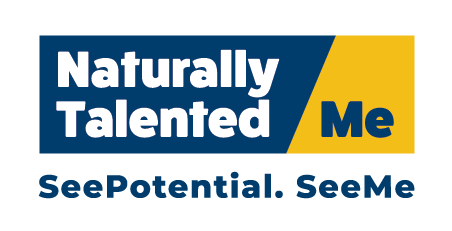Just to clarify, I certainly don’t see myself as any kind of modern day Che Guevara or even an Eva Peron or Pancho Villa – all bona fide, dyed in the wool revolutionaries. But I take solace in the thought that they must have started off in their – possibly unintended – careers as revered change agents with a spark of an idea, or a niggling feeling that something just needed to be different.
The revolutionary bit is that they did something about it, otherwise it would have stayed as an idea between themselves and whoever might listen to their ramblings on the bus or in the library. Good on them for taking it further.
And that’s where I’m at on a cold, wet, windy Friday: bemoaning the state of the world and whinging about how we just don’t do ‘it’ (candidate attraction) right and thinking, well, either shut up or do something about it.
Rebel with a cause
So today I have decided to stop my incessant whining and start a revolution. One thought piece and one article at a time.
I’ve researched it, obviously, and I know you can’t just ‘start’ a revolution on a whim. You need to have something to revolt about – a stated problem or a burning/smouldering issue. Something that people rally around and agree needs fixing or needs changing. It doesn’t have to be political or violent – which is handy as I’m neither of these things. It can be social, technological or, of course, environmental.
But sometimes the problem is too obvious to be noticed – the proverbial elephant in the room. The norm that never gets challenged.
So here’s my revolutionary call to action:
‘It ain’t what you do, it’s the way that you do it.’
The 80s historians amongst you will keenly observe that Fun Boy Three and Bananarama said, or rather sang, the exact same thing. They clearly experienced the same frustrations as I do, although maybe not in the same discipline. In fact, I still haven’t quite got to the bottom of what Siobhan Fahey and her merry band members were actually referring to but the sentiment is definitely sound, so I’m using it as my rallying cry – until I get sued, that is.
Employers DO candidate attraction. But very few do it in the MOST EFFECTIVE way. They produce detailed job descriptions, listing a myriad of ‘required skills’, and then either end up disappointed that no one matches the 47 point checklist or, if they do, they simply don’t ‘fit in with our culture’. Whatever that may be.
So, Mr know-it-all, I hear you say, what needs to happen?
Here’s what I think:
Jobs descriptions need to:
- Be adverts not job descriptions. No one gets inspired or enthused about a list of responsibilities or duties. Job postings need to grab the attention and focus on the merits of the organisation and the opportunities that will be on offer. They need to be written with thought and pride and be crafted with the care you would devote to a letter to the love of your life. The people who write job postings need to be recruitment marketers, so train your recruiters to be proud creative writers and challenge them to be different.
- Focus on the values, behaviours, attitudes and natural talents that will make an individual succeed. These are the elements that make up the DNA of the perfect employee – not A levels gained in 1982 (when Bananarama were racing up the UK charts) or degrees that bear no relevance to the job. But still we ask for them.
And to employers, my ask is this: recognise that we can train many of the ‘skills’ that we need in our non-executive roles (the majority of opportunities that fill our job boards and social media feeds) but we can’t significantly change natural talent and we certainly can’t change personality in any reliable way.
So how can I be revolutionary?
Start promoting the essential attributes such as ‘empathy’, ‘attention to detail’, ‘teamwork’, ‘reliability’ and ‘independence’ in your job adverts and open your mind to different communities of candidates as a result. You may be surprised who applies and where they have come from, and what additional value they bring.
Start looking for evidence of the talents that will wow your customers, engage work colleagues and boost your consumer brand through positive interactions.
The revolution starts in anger next week, when I introduce the idea that swimming medals and cake baking are actually employability traits. No really.
While you’re here, register on NTM and begin your own employment revolution

